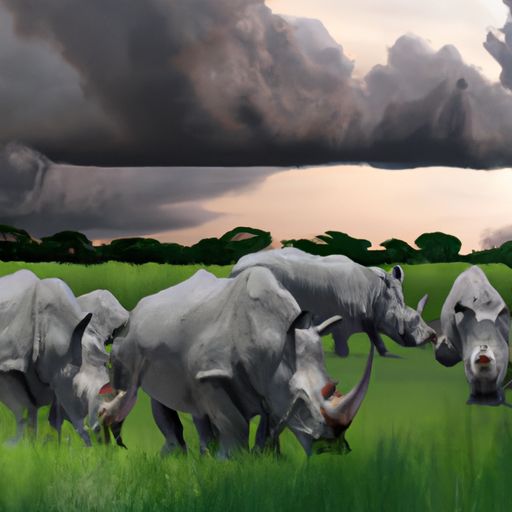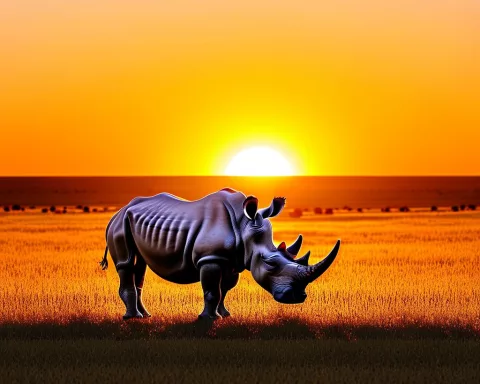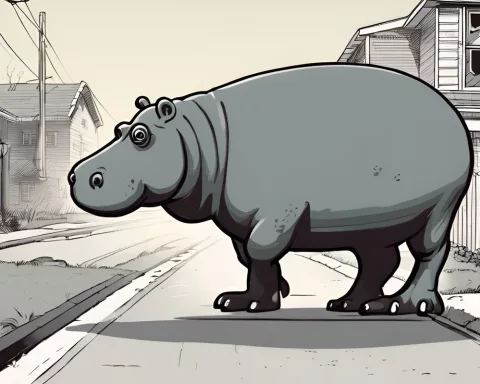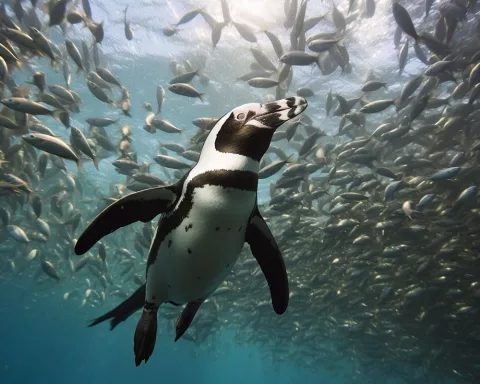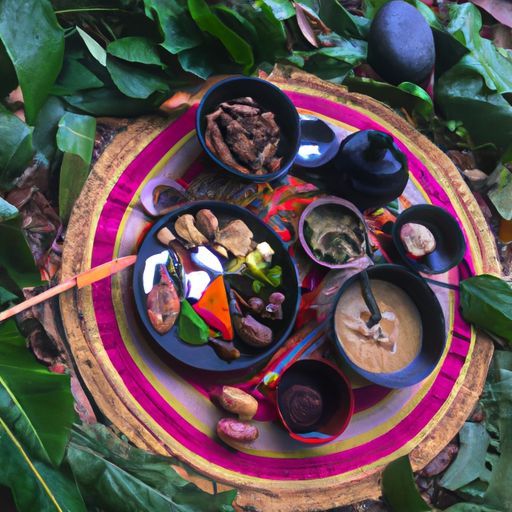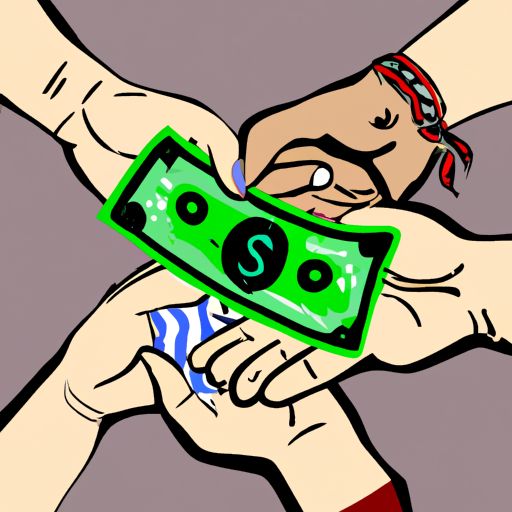South African entrepreneur John Hume has been on a decades-long mission to save the white rhino from extinction. Hume’s private farm, a conservation area for rhinos for 30 years, houses 2,000 of these majestic creatures. However, factors such as poaching and climate change have made it possible for Hume to continue with funding. As a result, he has decided to auction off his farm and its rhinos in the hopes that a new owner will continue his conservation efforts.
The Plight of the Rhino
The rhino is one of the most threatened species in Africa, and its population has declined for decades. In South Africa alone, around 450 rhinos were killed last year. Most of these were southern white rhinos, like those at Hume’s farm.
John Hume’s Mission
John Hume has been on a mission to save the rhino from extinction for decades. His farm has been a conservation area for rhinos for 30 years, and he launched his 21,000-acre farm around 15 years ago intending to breed rhinos to save them from extinction. However, factors such as a devastating drought and poaching have made it possible for him to continue with funding.
To support the rhinos on his farm, Hume had unsuccessfully fought for a legal trade in rhino horns, which he thought would lower the financial worth of horns and make them less appealing to poach rhinos. However, this idea did not work out as expected, which brought it to the current auction. However, there are also around 6,000 black rhinos, which are considerably smaller animals and include three subspecies that are all in a situation of serious endangerment. All of these subspecies are at risk of extinction. The northern white rhinoceros is perilously close to becoming extinct.
Poaching is the primary cause of the reduction of rhino populations. This poaching is driven by the demand for rhino horns in China and other Asian nations. It is common practice in traditional Chinese medicine to use rhino horns due to the widespread belief that they possess therapeutic qualities. Nevertheless, there is not a single piece of scientific data to back up these statements.
Hume dreams that the buyer will continue to breed the rhinos. However, some experts are skeptical that breeding rhinos in captivity helps preserve the animals in the wild. Others propose that the rhinos be relocated to different locations with buyers. Furthermore, there have been concerns that a Chinese company could set up a similar operation in China.
Conclusion
The rhino’s plight is a complex issue that requires the cooperation of conservationists, governments, and communities worldwide. John Hume has been a tireless advocate for the rhino, and his efforts have helped to raise awareness of the need to protect these magnificent creatures. While the auction of his farm and its rhinos is a significant development, it is not the end of the story. The hope is that a new owner will continue Hume’s conservation efforts and help to save the rhino from extinction.

